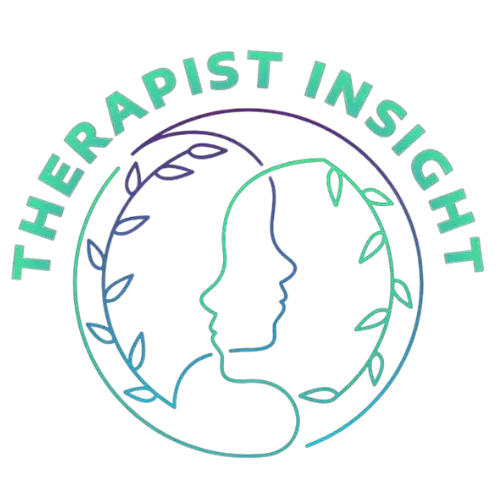Child Psychologist
Embrace a journey of transformation, where challenges become opportunities for growth, guided by compassionate expertise in child psychology.
Child Psychologist
Embrace a journey of transformation, where challenges become opportunities for growth, guided by compassionate expertise in child psychology.
**FREE 15-Minute Consultation**

Child Psychologist Services at Austin Therapist Insight
Understanding Young Minds: At Austin Therapist Insight, our Child Psychologist services are dedicated to nurturing the mental, emotional, social, and behavioral health of children and adolescents. We understand that each child is unique, and our approach is tailored to meet their individual needs.
Key Services:
| Service Type | Description |
|---|---|
| Psychological Assessments | Assessing mental health conditions and behavioral issues. |
| Therapeutic Techniques | Utilizing various forms of therapy tailored to each child’s specific needs. |
| Family Involvement | Working closely with parents and caregivers for holistic child development. |
Why It Matters:
- Building Resilience: Helping children develop coping mechanisms for life’s challenges.
- Emotional Intelligence: Fostering emotional understanding and social skills.
- Supportive Environment: Creating a safe space for children to express and understand their emotions.
10 Most Common Child Psychologist Questions
Why Choose Us?
ADHD Credentialed
Elevating our care by proudly upholding the standards of an ADHD Certified Clinical Services Provider.
Expertise You Can Rely On
We are fully licensed and have over 10 years of experience.
Tailored Treatment Plans
We understand that every individual is unique. Our treatments are customized to fit your specific needs.
Convenient Location
Located in the heart of Austin, we are easily accessible and offer flexible appointment times.
Some Of Our Feedback
Reviews from individuals who have benefited from our services and wished to share their experiences publicly. While all client information is strictly confidential at Austin Therapist Insight, these testimonials offer genuine insights into our compassionate and effective approach, as shared by those who opted to leave a public review. Reviews were secured with the consent of each patient. To ensure patient privacy, names have been omitted.
Map
Contact Us
**FREE 15-Minute Consultation**
Enter a Phone Number If You Prefer A Callback
